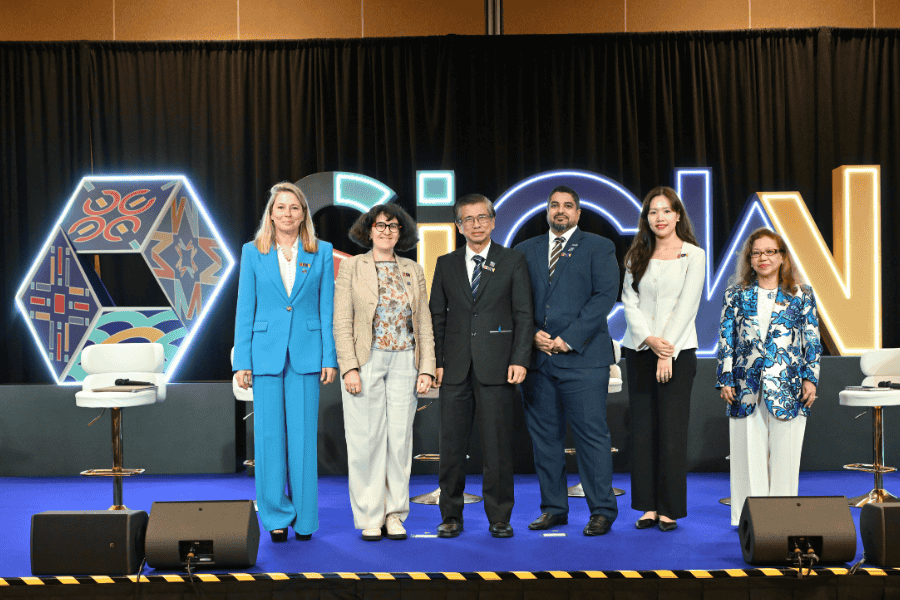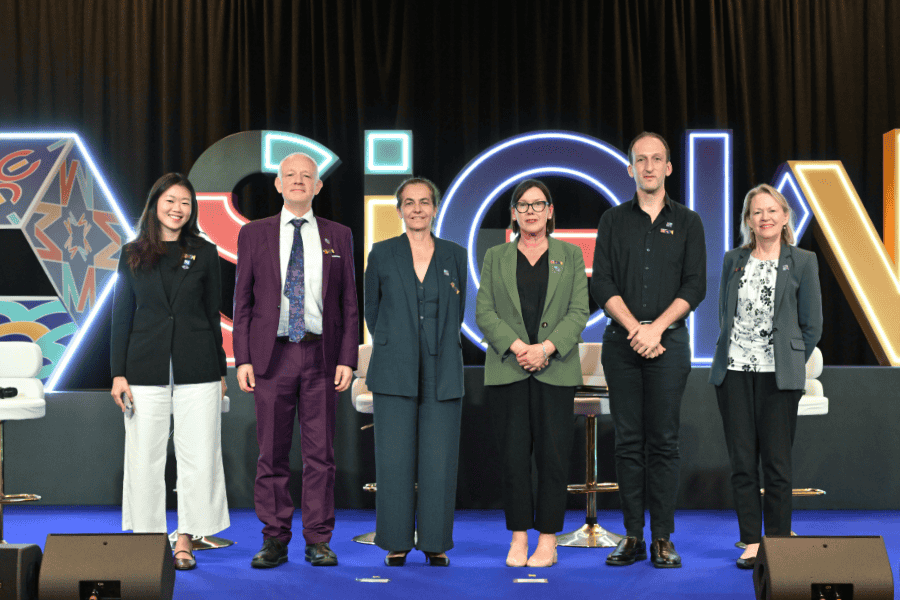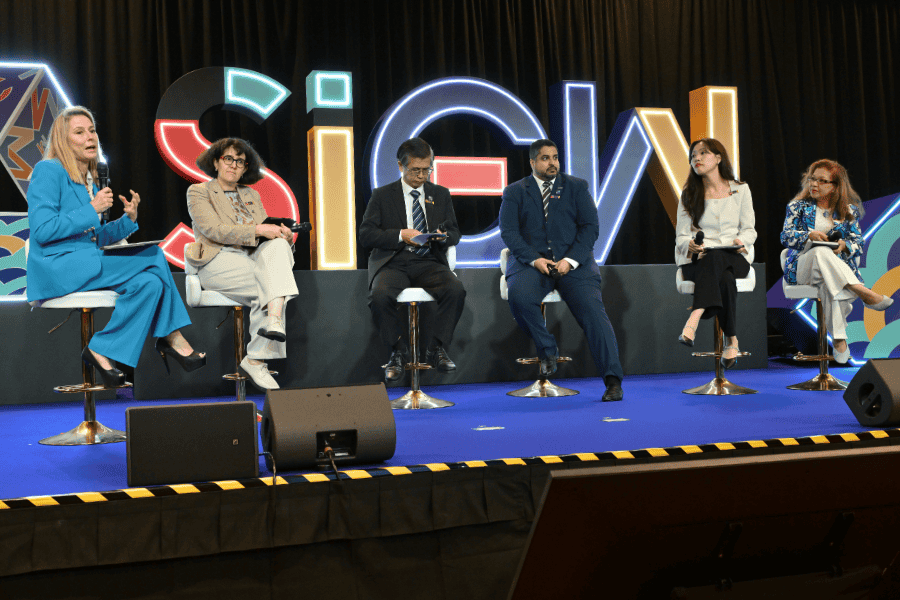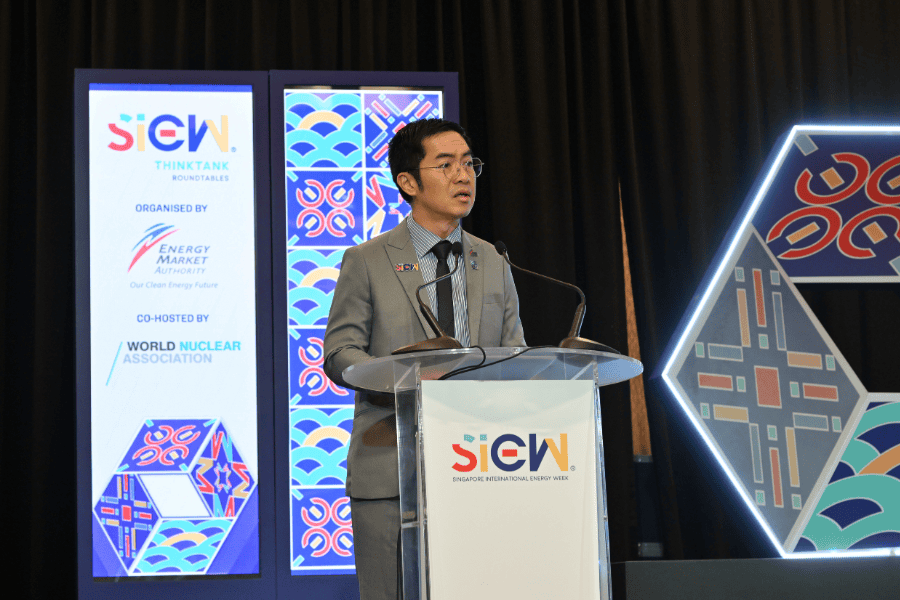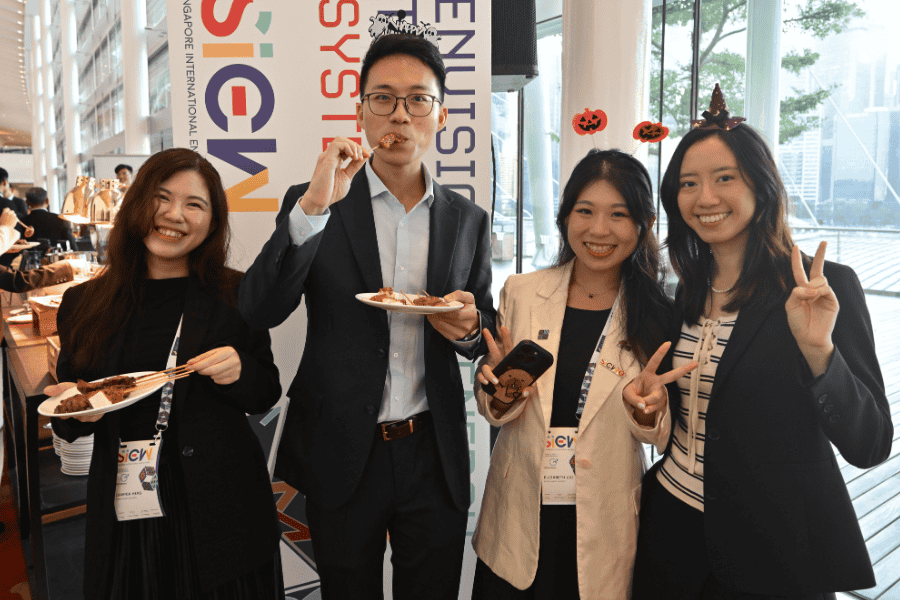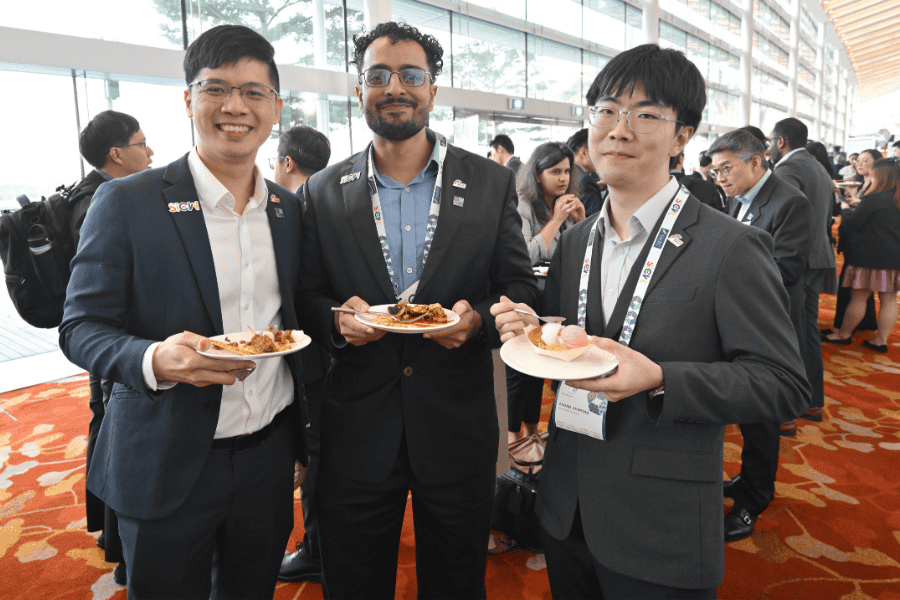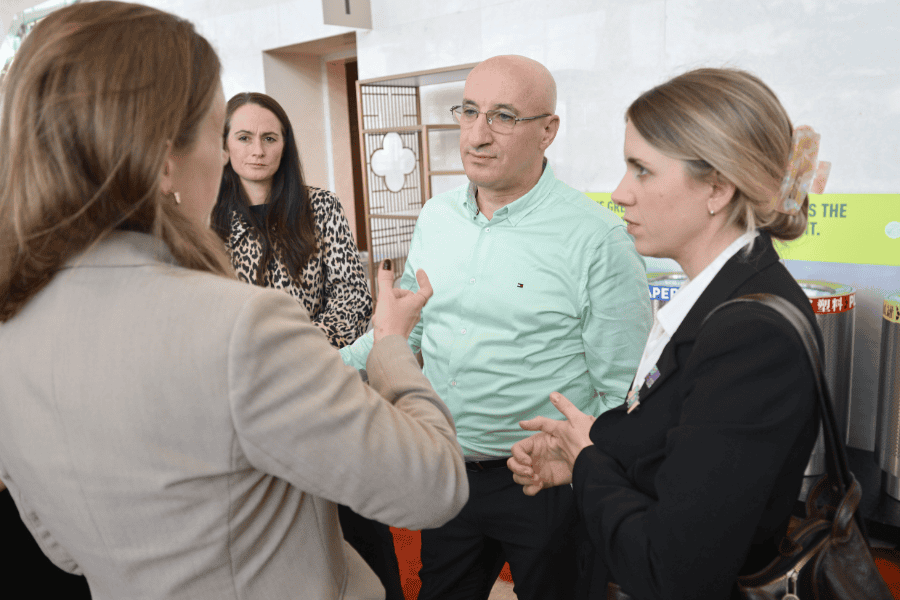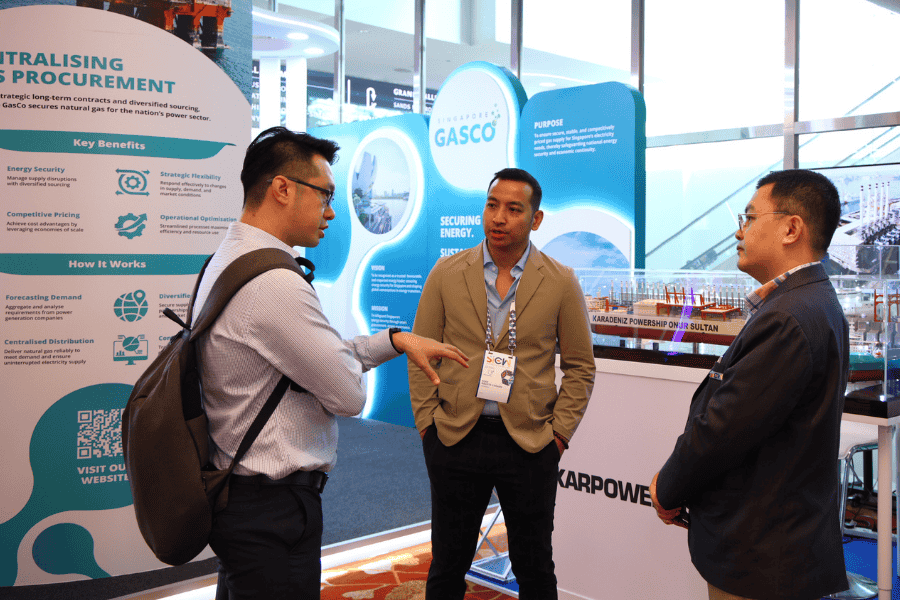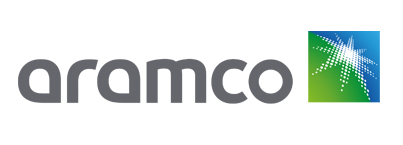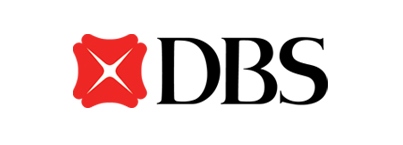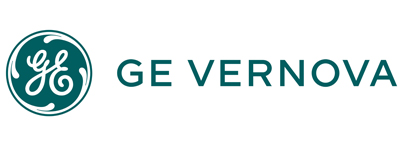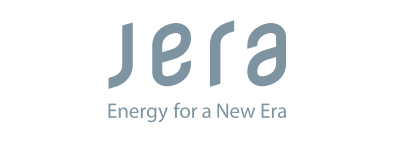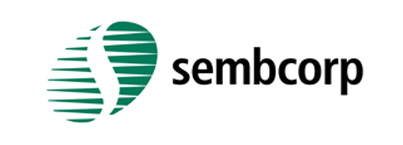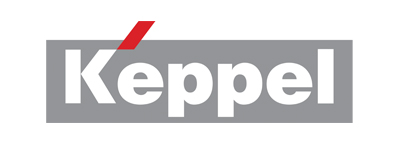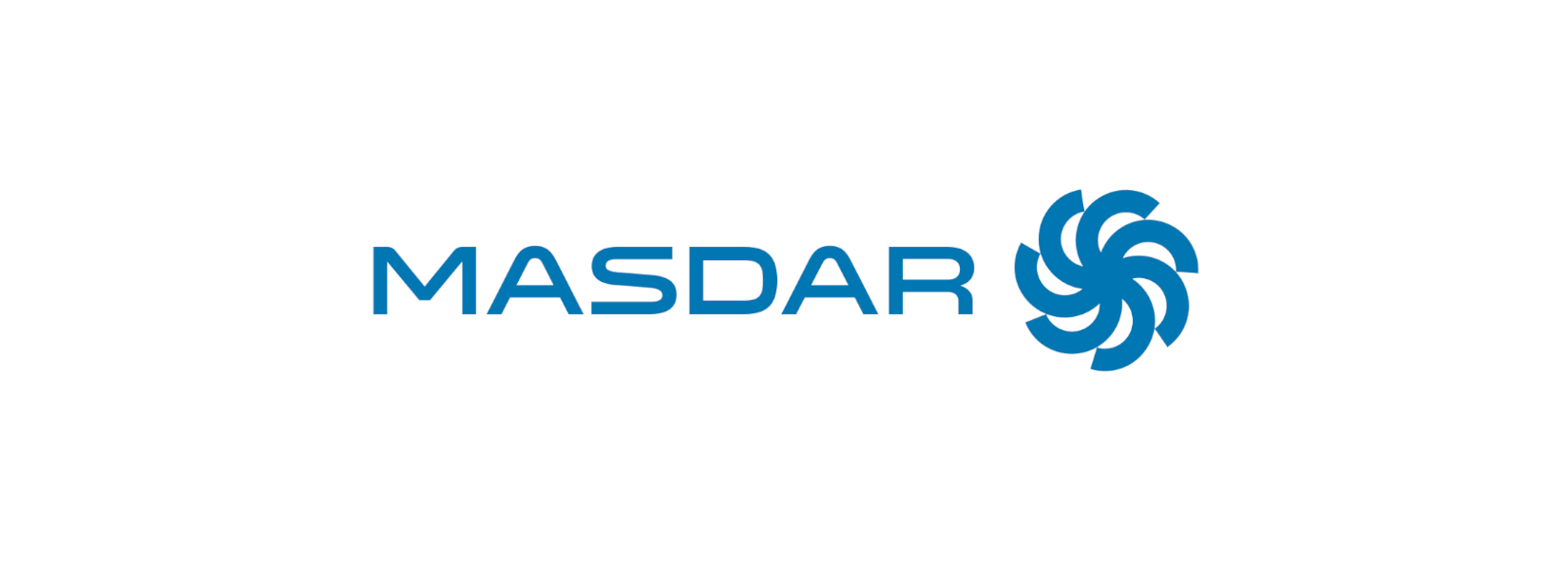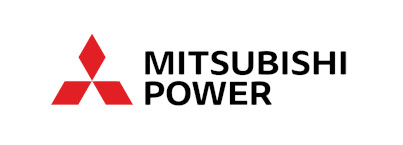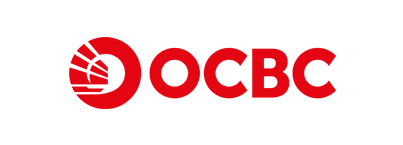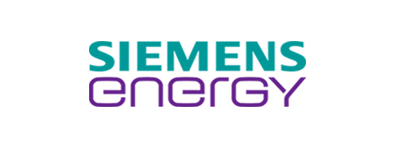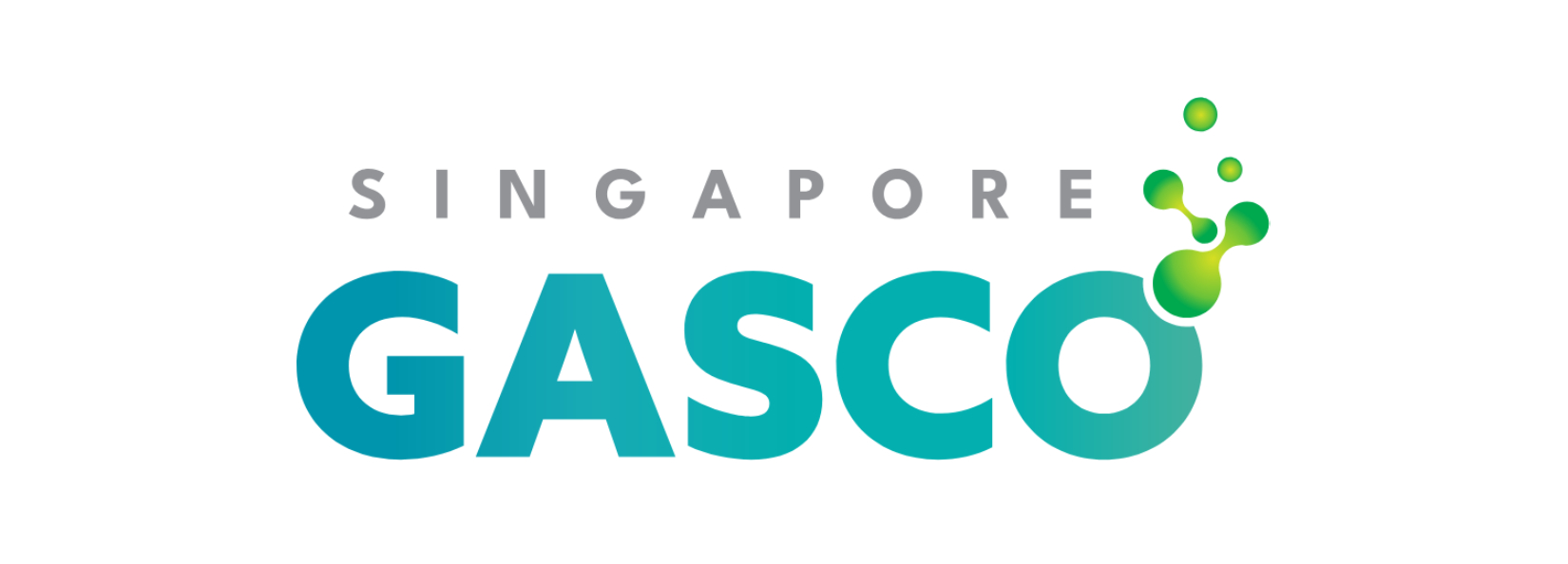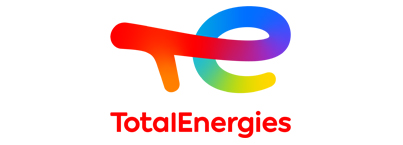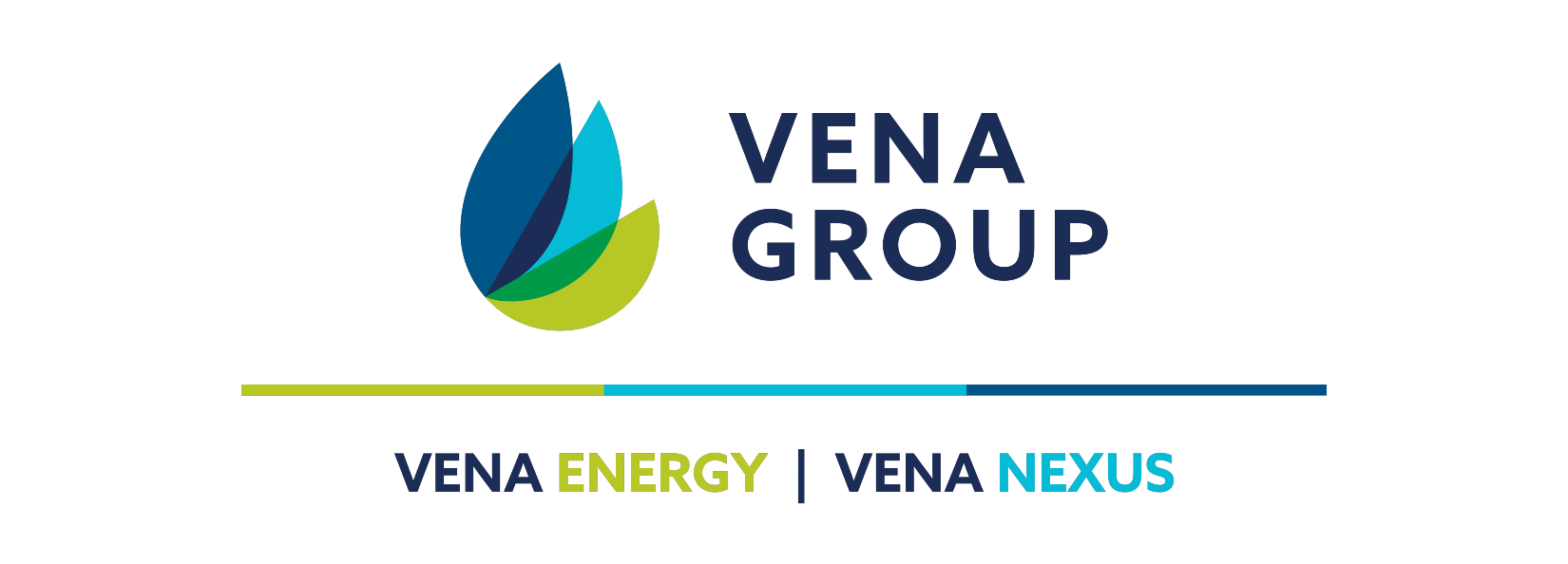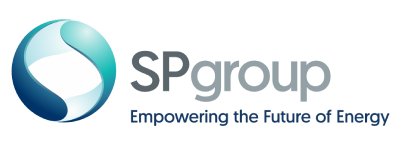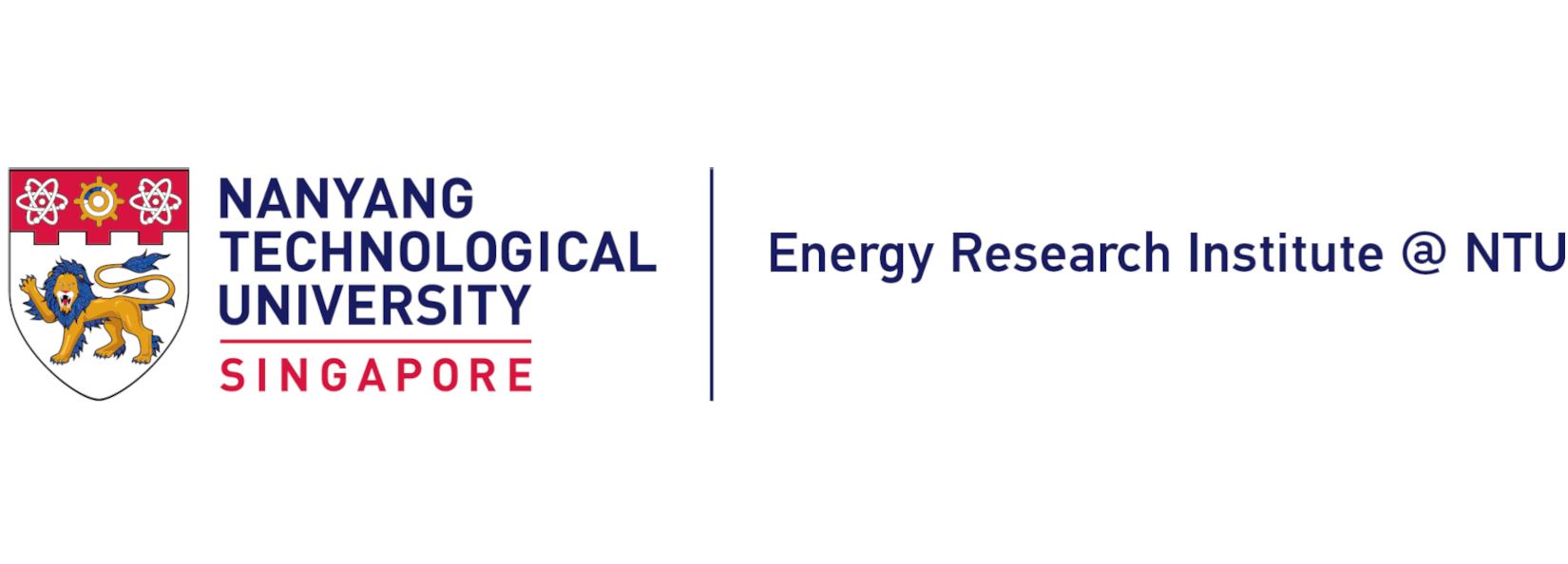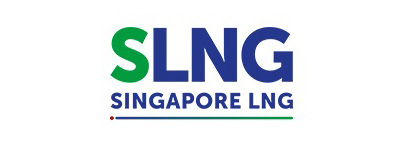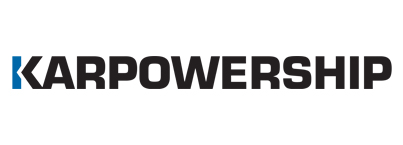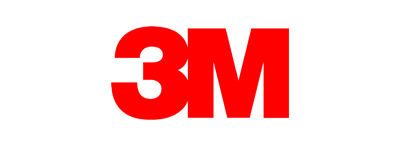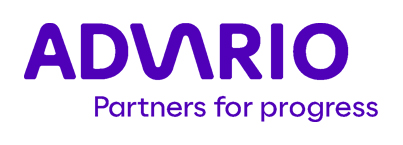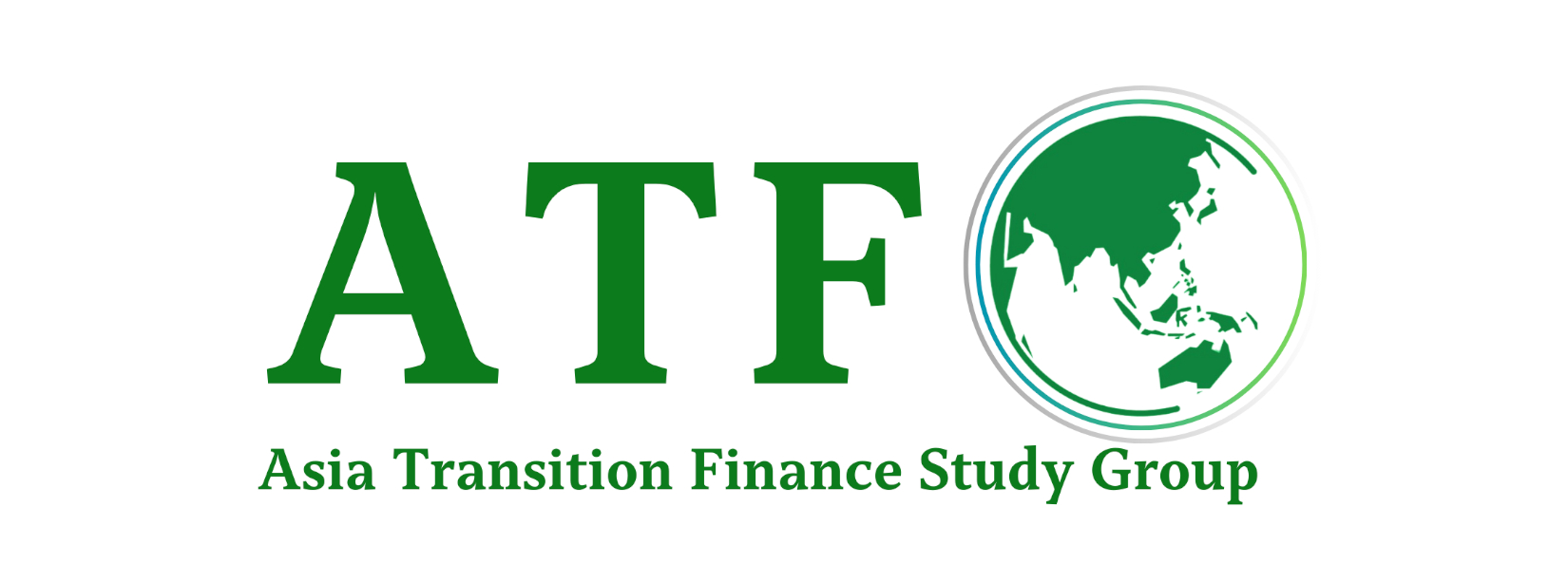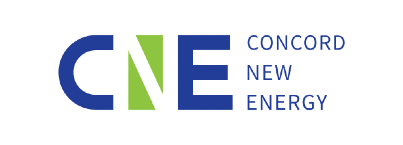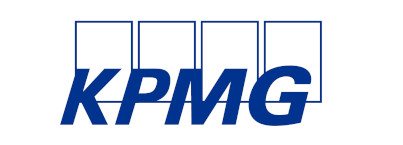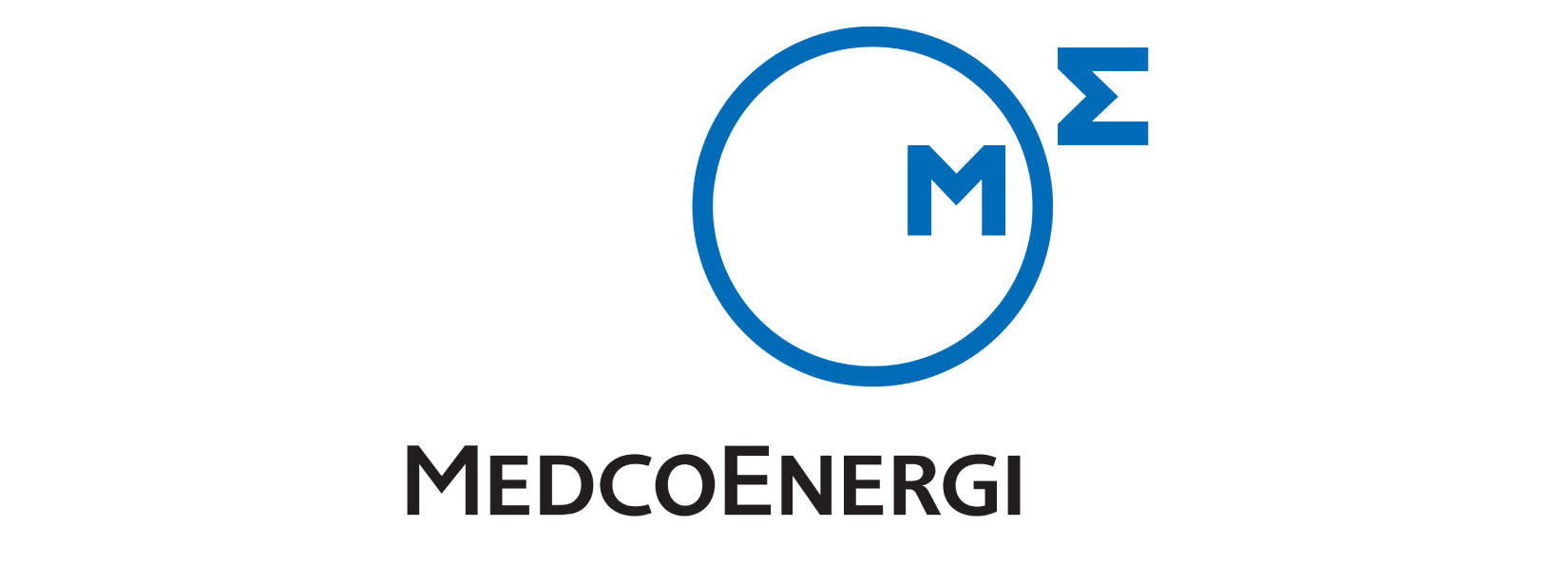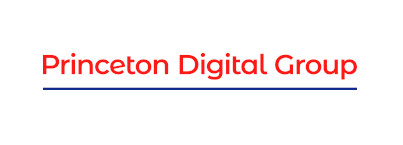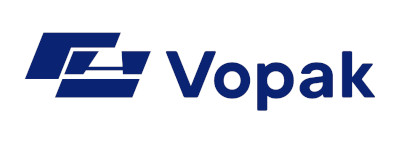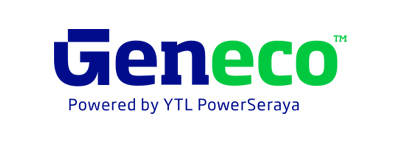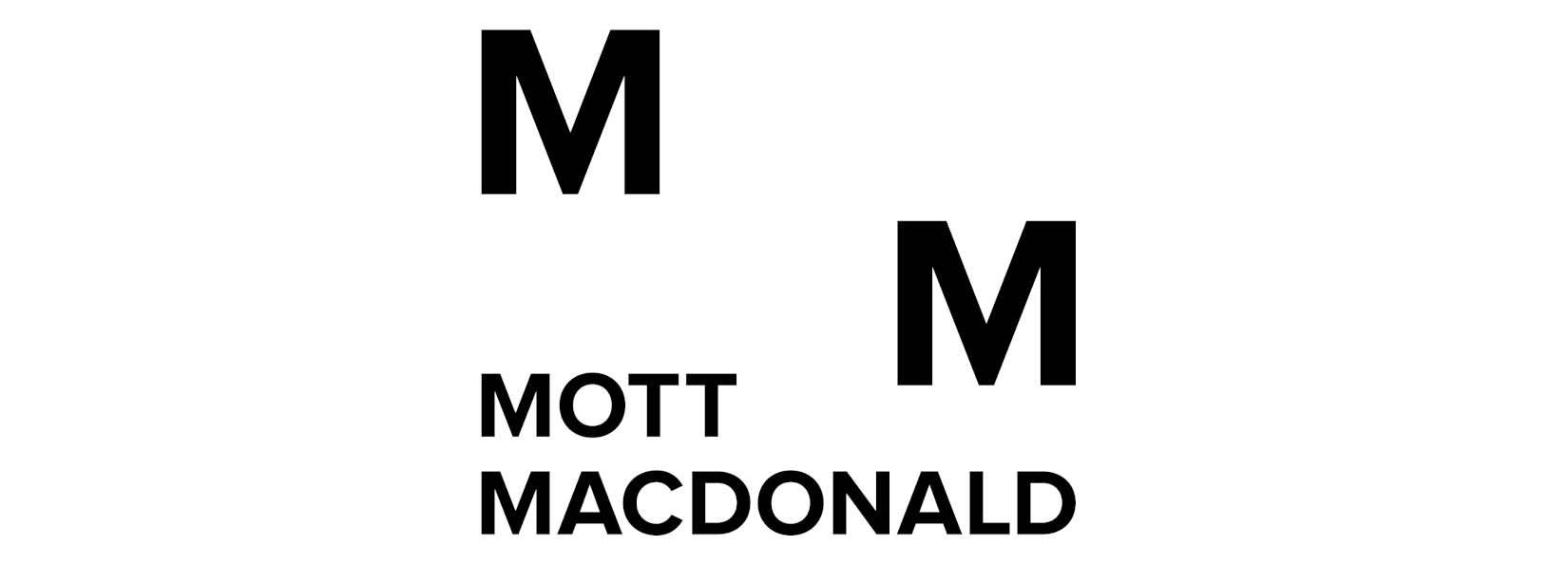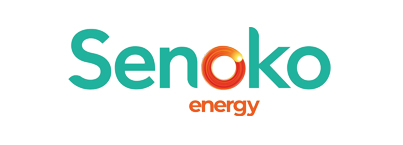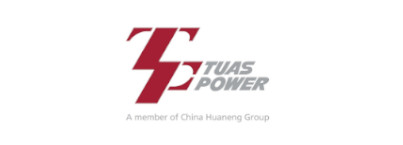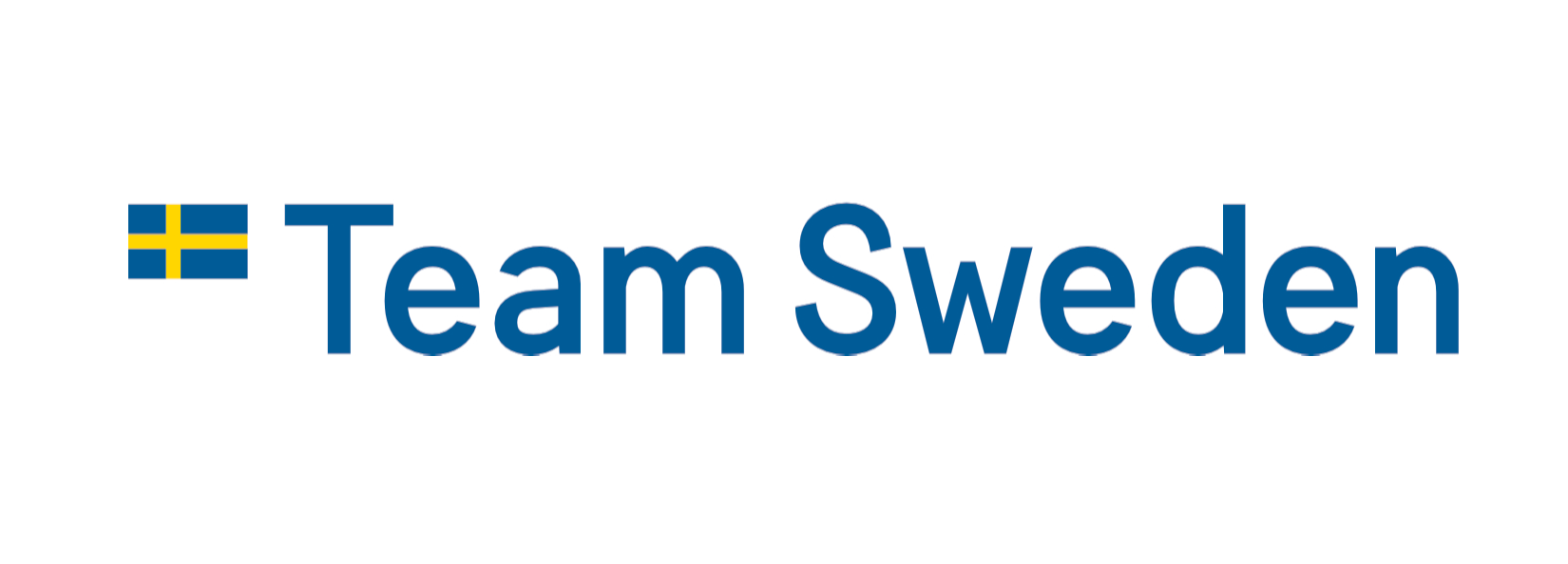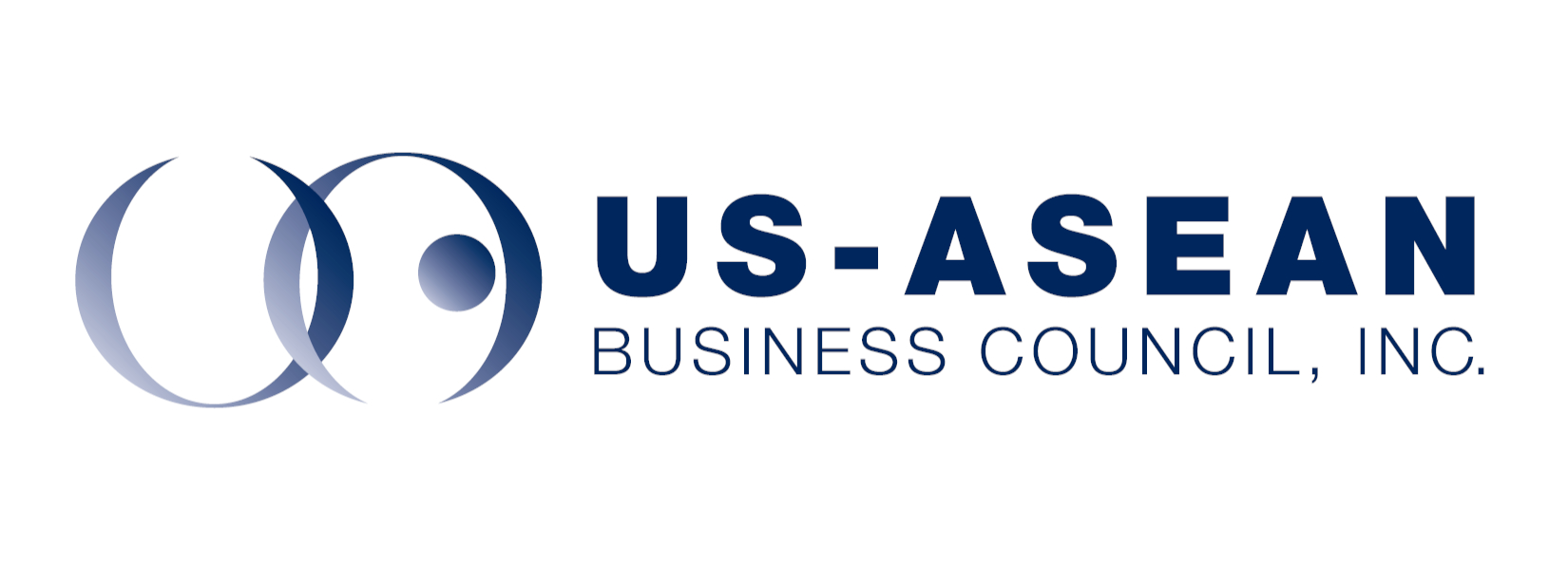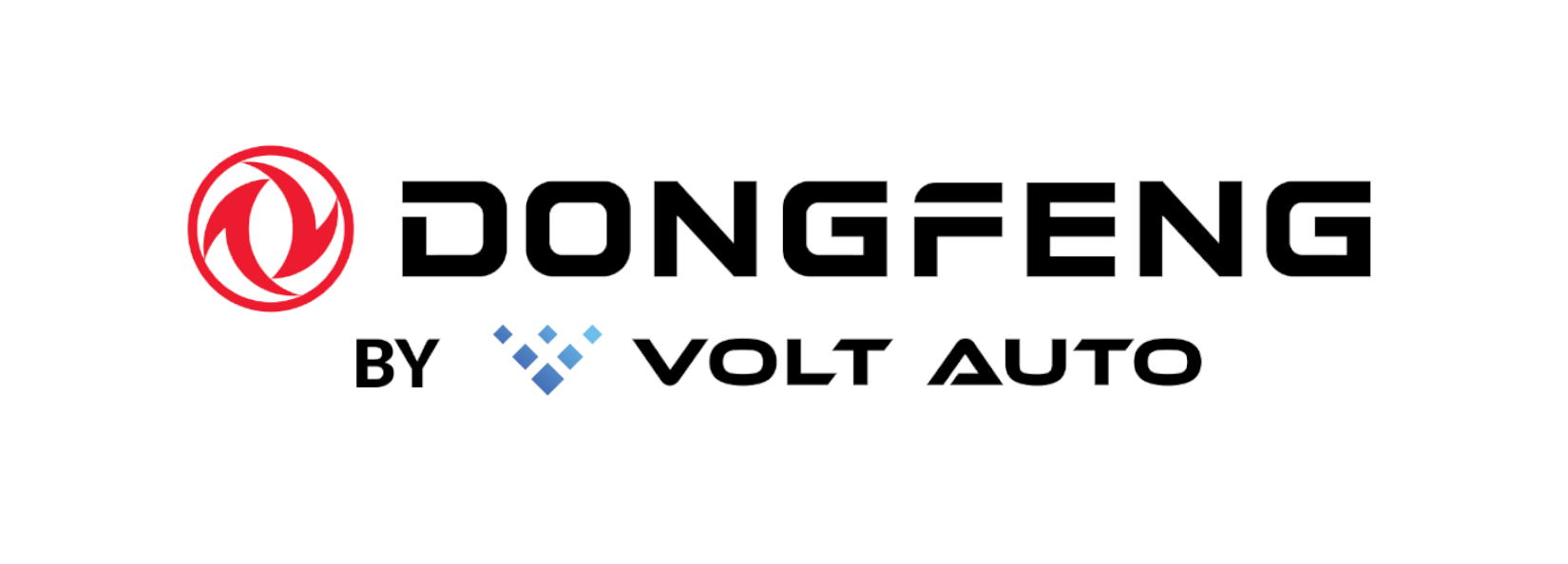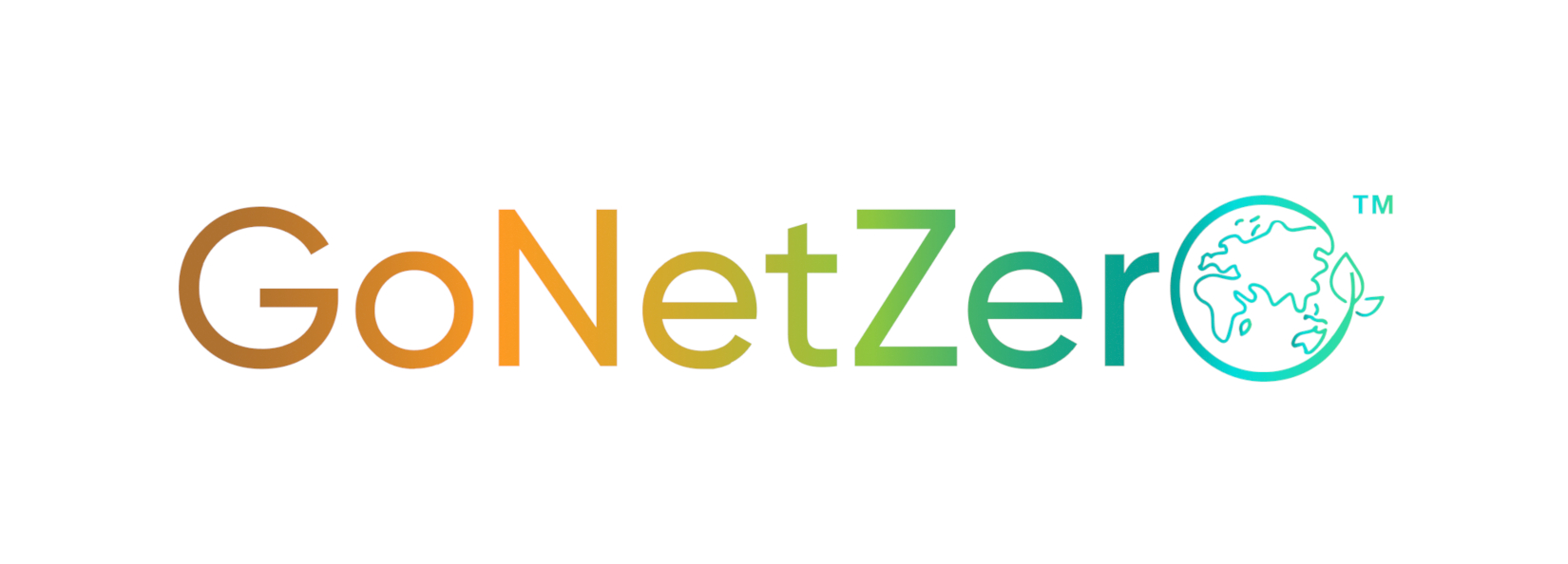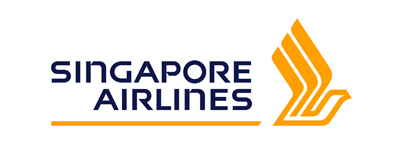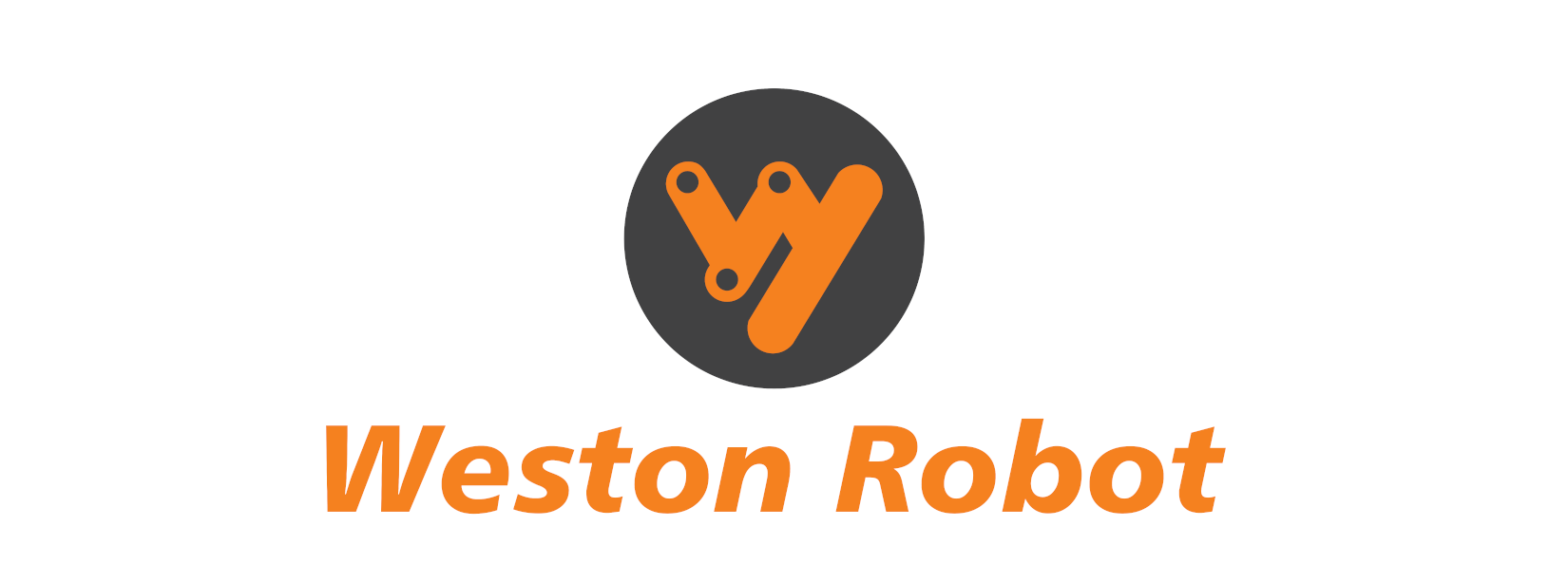SIEW Day 4 (30 October 2025)
Wrapping up Day 4 of SIEW 2025
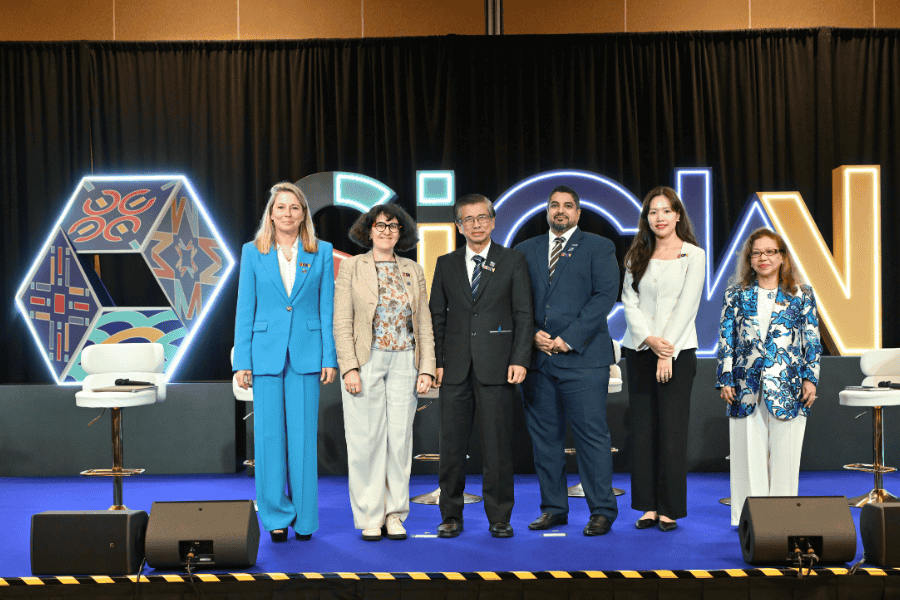
The penultimate day of the Singapore International Energy Week (SIEW) 2025 opened with the SIEW Thinktank Roundtable sessions, exploring the latest technological innovations, nuclear energy developments, and how regional cooperation can enable the infrastructure and markets needed for a cleaner, more resilient, and dynamic energy system.
SIEW 2025 will conclude tomorrow with Youth@SIEW and final roundtable sessions at the SIEW Thinktank Roundtables. Join us again for all the highlights.
Don’t forget to share your thoughts on SIEW 2025 by taking a quick survey!
Stay tuned as the conversation evolves throughout the day. Follow @SIEW_sg on Telegram and X (formerly Twitter) for the latest insights.
Singapore-Sweden Forum: Charting a Sustainable, Interconnected Energy Future
Contributed by Ginnilee Ye, EMA
Bringing together wide-ranging perspectives from government agencies, industry players, and technology experts, the panel discussions at the Singapore-Sweden Forum put the spotlight on the infrastructure, policy, and cross-border collaboration needed to advance low-carbon energy deployments, and how Singapore and Sweden are advancing grid interoperability.
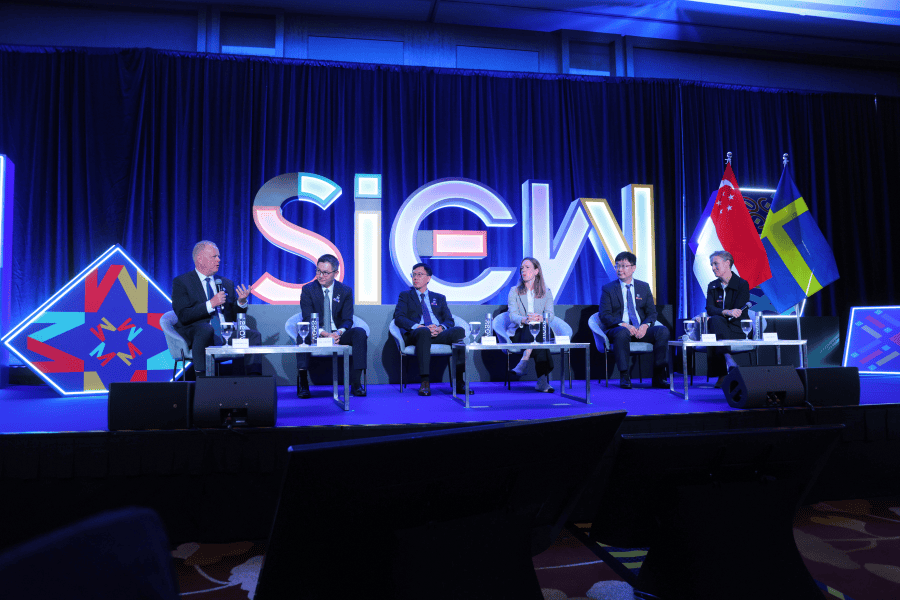
Panellists explored the complexities of advancing decarbonisation while ensuring energy security and affordability.
- During the discussion, Toh Wee Khiang, Director of Emerging Energies at the Energy Market Authority (EMA) of Singapore, emphasised Singapore’s commitment to balance three objectives: the need to decarbonise, the need to maintain energy security, and to maintain affordability at the same time.
- Helena Bernland, Business Developer at the Swedish Energy Agency, explained Sweden’s holistic approach to the same challenges. As Sweden adds more renewables into its energy mix, the country is also seeing an increase in demand of base load capacity. Ms Bernland shared that Sweden sees low-carbon fuels such as hydrogen as strong alternatives for meeting energy needs.
Stay tuned as the conversation evolves throughout the day. Follow @SIEW_sg on Telegram and X (formerly Twitter) for the latest insights.
Singapore and Sweden Deepen Cooperation on Clean Energy and Regional Interconnectivity
The inaugural Singapore-Sweden Forum at SIEW 2025 witnessed two key signings: a Memorandum of Understanding (MOU) between Keppel and Siemens Energy to explore low-carbon power generation solutions; and a SIEW Partnership Agreement between the Energy Market Authority (EMA) of Singapore and Business Sweden to deepen energy collaboration. Read more
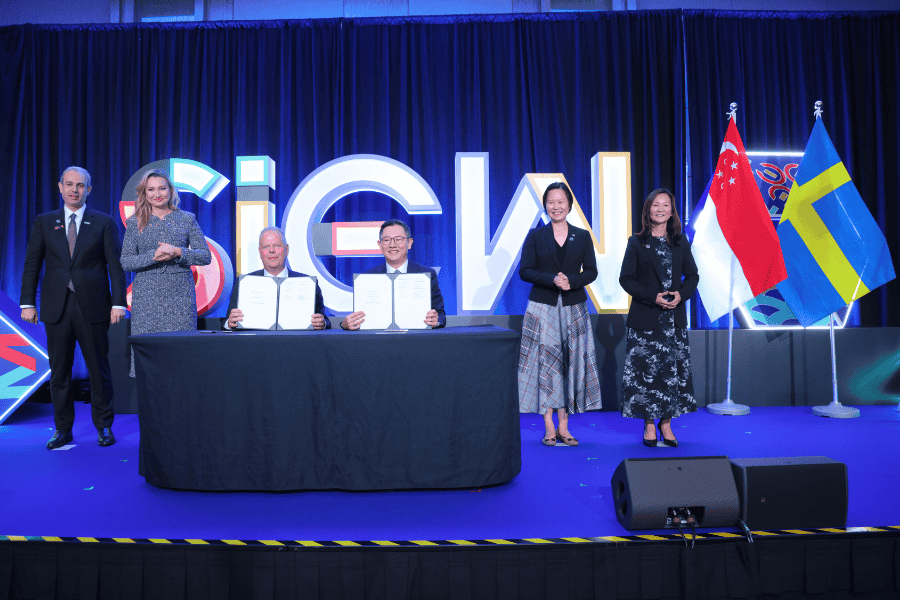
Stay tuned as the conversation evolves throughout the day. Follow @SIEW_sg on Telegram and X (formerly Twitter) for the latest insights.
New Nuclear Technologies Poised to Power More than the Grid
As demand for clean energy surges across industries and data centres, nuclear is stepping into new territory. Modular designs, faster builds, and new applications are taking it far beyond the grid.
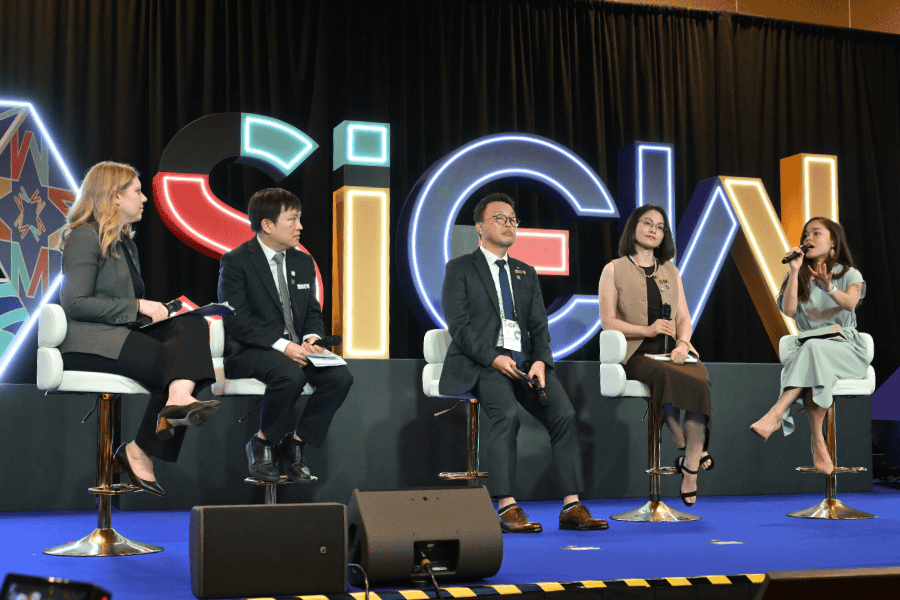
At the SIEW Thinktank Roundtable on 'Advancements in International Nuclear Technology', industry leaders and policymakers discussed how next-generation reactors could deliver not only electricity but also industrial heat, process power, and grid stability.
The session was moderated by Dr Jennifer Gordon, Director of the Nuclear Energy Policy Initiative and Daniel B. Poneman Chair for Nuclear Energy Policy, Global Energy Center, Atlantic Council. Panellists agreed that the systems built today will determine how far nuclear can go tomorrow. Read more
Stay tuned as the conversation evolves throughout the day. Follow @SIEW_sg on Telegram and X (formerly Twitter) for the latest insights.
SIEW Thinktank Roundtables: Nuclear’s New Chapter as a System Enabler
Across regions, policymakers and innovators are rethinking nuclear's role in the energy transition. At the SIEW Thinktank Roundtable on "The Global Nuclear Energy Landscape: Current State and Emerging Applications", energy experts discussed how nuclear's evolution could strengthen system reliability and accelerate low-carbon integration.
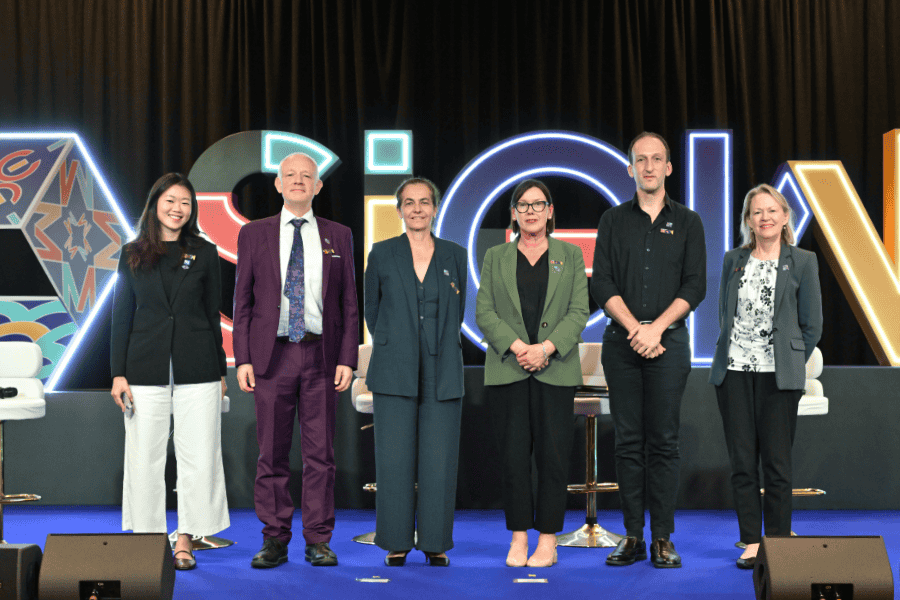
Moderated by Chin Hui Shan, Journalist (Environment and Science), The Straits Times, the session brought forward perspectives on how nuclear can support the next stage of the energy transition. Read more
Stay tuned as the conversation evolves throughout the day. Follow @SIEW_sg on Telegram and X (formerly Twitter) for the latest insights.
SIEW Thinktank Roundtables: Implementation Pathways for Nuclear Power in Southeast Asia
During the SIEW Thinktank Roundtables, experts from across the energy ecosystem shared how Southeast Asia can responsibly introduce nuclear energy through people, institutions, and transparency—supported by strong regional collaboration.
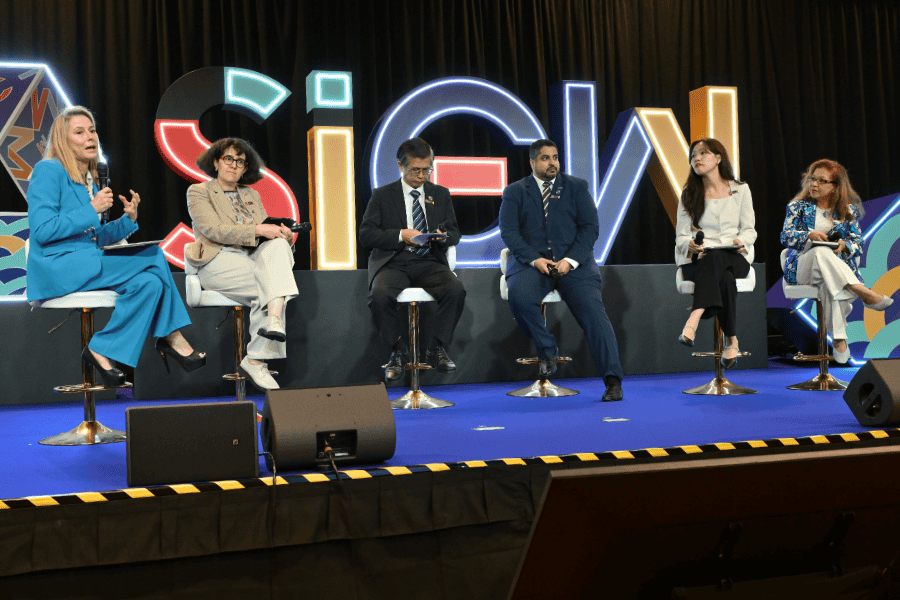
Moderated by Dr Sama Bilbao y León, Director General of the World Nuclear Association, the panel session 'Nuclear Power in Southeast Asia — Key Drivers and Implementation Pathways' examined what readiness means for new entrant countries. The discussion made clear that successful nuclear implementation is not only about technology but about building human capability, institutional maturity and public trust. Panellists from Korea, the U.A.E., Malaysia, Singapore and France outlined practical pathways for nuclear.
- Joo Lee Lim, Director of the Market Research Division, Korea Nuclear Association, described Korea’s transformation from technology importer to exporter, supported by 37,000 skilled workers and more than 2,000 partner firms.
- From the United Arab Emirates, Mohamed Al Braiki, Consulting General Manager at ENEC, shared how clear policies and early capacity-building led to four operating units now providing a quarter of the nation’s electricity.
- Beyond trained engineers, Sheriffah Noor Khamseah Dato Syed Ahmad Idid, Innovation and Nuclear Power Advocate and Consultant Alumna, Imperial College London, said nuclear readiness requires energy professionals and policymakers who understand how to manage, communicate and regulate nuclear projects.
- Dr Chung Keng Yeow, Director, Singapore Nuclear Research and Safety Institute (SNRSI), highlighted Singapore’s focus on advanced reactor studies and whole-of-government training. With work on small modular reactors (SMRs) and safety simulation capacity, Singapore is developing the expertise to assess future nuclear options objectively.
- Stéphanie Guénot-Bresson, Commissioner, Nuclear Safety and Radiation Protection Authority (ASNR), explained that independent regulations and open communications are the foundation of France’s sustained public confidence.
Stay tuned as the conversation evolves throughout the day. Follow @SIEW_sg on Telegram and X (formerly Twitter) for the latest insights.
SIEW Thinktank Roundtables: Putting Nuclear Back into the Energy Transition
As nations race to decarbonise while powering new digital economies, nuclear energy is reemerging as a key pillar of resilience.
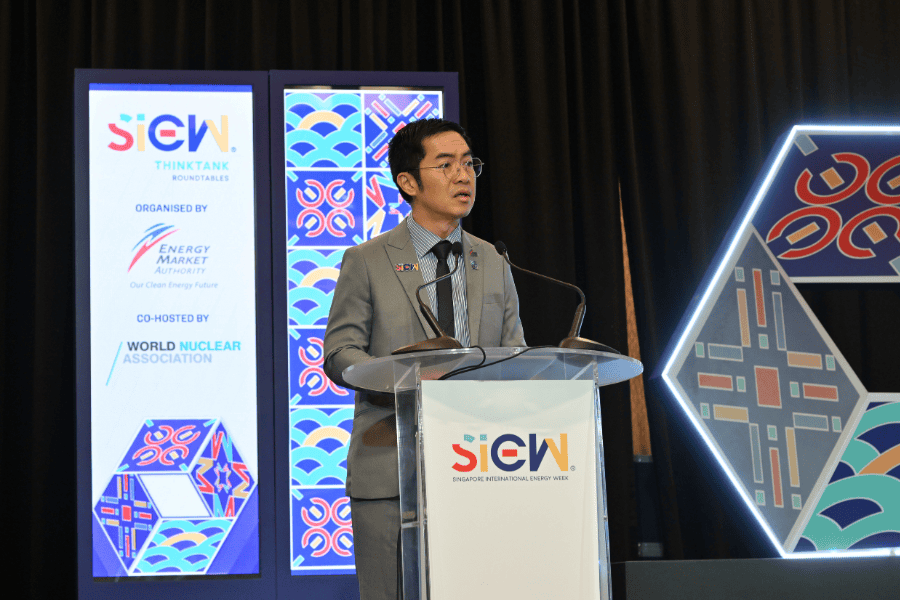
The SIEW Thinktank Roundtable on 'The Evolving Role of Nuclear in the Future Energy System', opened with keynote addresses and remarks from global leaders. Each offered distinct perspectives on how nuclear partnerships are shaping the next phase of the energy transition. It also marks a global moment for nuclear collaboration. Read more
Stay tuned as the conversation evolves throughout the day. Follow @SIEW_sg on Telegram and X (formerly Twitter) for the latest insights.
SIEW Thinktank Roundtables: New Approaches to Financing Industrial Decarbonisation
Delivering a scene-setting presentation on “Financing Industrial Decarbonisation,” Bratin Roy, Global Head of Decarbonisation at TÜV SÜD, called for a fundamental rethinking of how green finance is structured and mobilised.
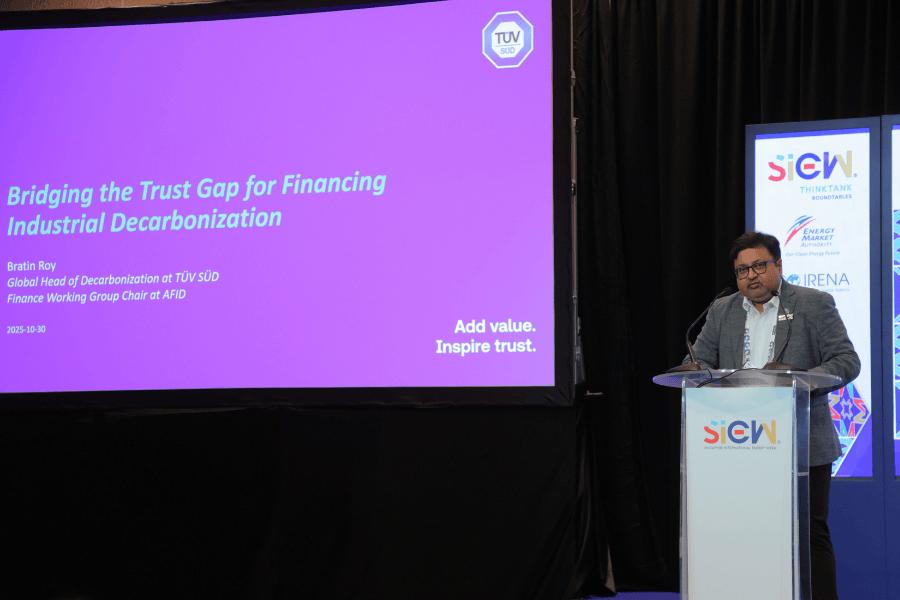
Mr Roy emphasised that achieving global net zero by 2050 will require mobilising trillions of dollars in private capital to decarbonise hard-to-abate industries. However, the current financial system is not designed for long-term, cross-sector investments that industrial transformation demands.
He outlined three pillars for managing financial risk: Reduction, Transfer, and Compensation. Risk reduction begins with developing standardised assessment frameworks and technology-readiness evaluations to help investors gauge performance reliability. Risk transfer, he continued, can be achieved through blended-finance mechanisms and transparent monitoring using blockchain-enabled systems. Finally, risk compensation involves creating impact-linked payments and first-loss guarantees that safeguard early-stage investors while encouraging innovation.
Stay tuned as the conversation evolves throughout the day. Follow @SIEW_sg on Telegram and X (formerly Twitter) for the latest insights.
Financing and Partnerships for a Resilient Energy System
A panel discussion at SIEW Thinktank Roundtable A unpacked how public–private partnerships, sound policy frameworks, and innovative finance structures can accelerate Asia’s investment in low-carbon technologies and resilient energy systems. Moderator Georgie Skipper, CEO of Lucetia Group, opened the discussion by asking a pressing question: how can the region mobilise the billions needed to bring promising technologies like carbon capture and storage (CCS), hydrogen, and biomethane to scale?
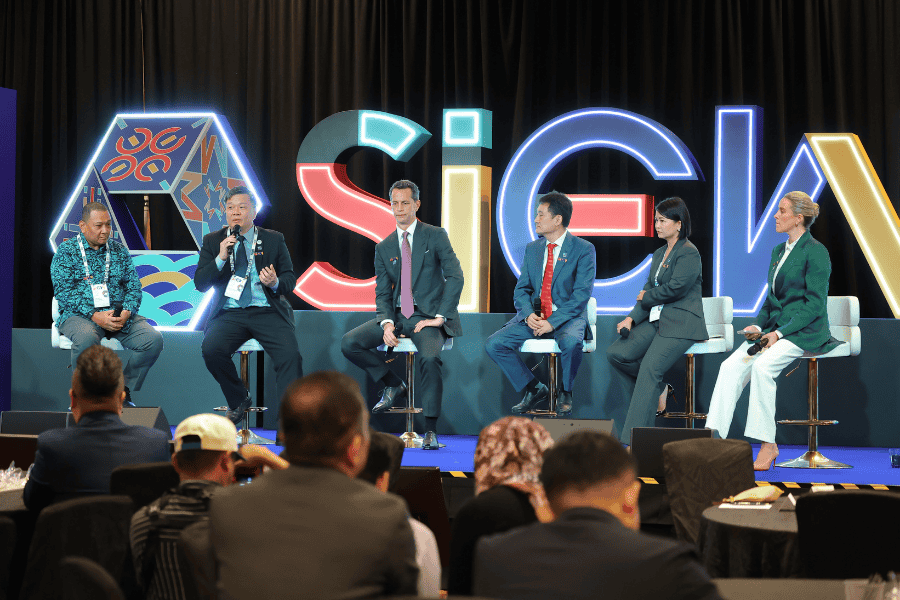
The consensus from industry, finance, and government leaders was clear: collaboration, clear policies, and de-risked capital structures will define Asia’s pathway toward energy resilience. Highlights from the discussion include:
- Rules of the game must be established to mobilise large investments, said Dorian Delteil, Executive Director of Project Finance at DBS Bank. Large-scale projects in CCS and hydrogen need predictable regulatory environments and collaborative financing between governments, multilaterals, and private players to get off the ground.
- Jennifer Tay, Partner and Asia Pacific Infrastructure Leader at PwC Singapore, highlighted the challenge of technology coordination. Governments, she said, must articulate how each technology—solar, storage, hydrogen, or CCS—fits into the broader system. Without this clarity, investors cannot allocate capital effectively. She cautioned against repeating the early-solar era mistake of focusing on generation without building adequate grid and storage infrastructure, calling for a “whole-of-system” policy approach.
- YBhg. Dato’ Hamzah bin Hussin, CEO of SEDA Malaysia, underlined that policy design must ensure investable returns. He cited Malaysia’s experience with large-scale solar and reforms that had to be recalibrated to deliver viable internal rates of return after aggressive bidding eroded bankability.
- Michael Lin, Principal Investment Officer at the International Finance Corporation (IFC), shared his views that governments and developers must assume early-stage or demonstration risk, while banks step in only once the economics are proven. He pointed to the convergence of sustainability, security, and affordability goals, observing that falling storage costs are gradually improving the economics of renewables.
- Economic signals, such as carbon pricing or mandates, are essential to drive adoption. Lim Han Kwang, Deputy CEO of YTL PowerSeraya, shared the example of how industry players are responding through investments such as a new 600 MW hydrogen-capable combined-cycle plant and CCS feasibility studies under an EMA grant.
Stay tuned as the conversation evolves throughout the day. Follow @SIEW_sg on Telegram and X (formerly Twitter) for the latest insights.
SIEW Thinktank Roundtables: Technology Pathways for Asia’s Energy Future
Asia's energy transition will not be driven by a single solution, but by a portfolio of technologies that together enable sustainability and resilience. Moderated by Shabana Begum, Correspondent (Environment and Science) at The Straits Times, the first panel session at SIEW Thinktank Roundtable A examined clean energy deployment challenges, regulatory frameworks, financing mechanisms, and opportunities to scale up these technologies across power, industry, and transport sectors.
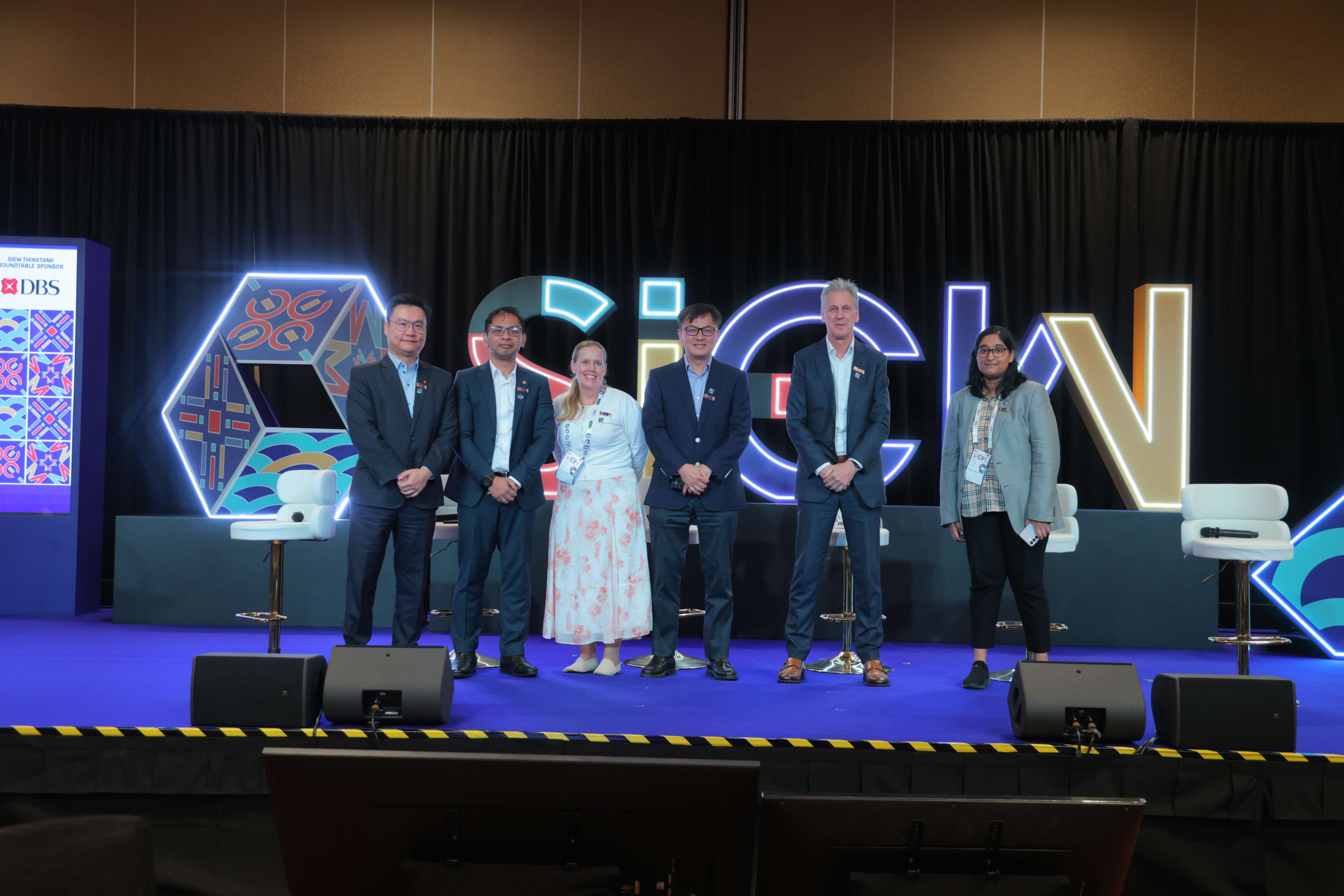
Here are some of the insights shared during the panel:
- Lynda Hayden, Branch Head of Regional Partnerships Branch, International Climate and Energy Division, Department of Climate Change, Energy, the Environment and Water, Australia, highlighted that Australia's newly released net zero plan addresses enabling factors including project approval alignment, skills development, and investment facilitation.
- Turning to regional developments, Kelvin Wong, Managing Director and Global Head of Energy, Renewables and Infrastructure, Institutional Banking Group, DBS Bank, noted that the ASEAN Power Grid requires stable regulatory frameworks across jurisdictions and long-term contracts to attract private finance. He pointed to blended finance as an obvious choice given the large investments required for bilateral connections and interconnections.
- Addressing hydrogen’s role in the energy transition, Beni Suryadi, Senior Manager of APAEC and Strategic Partnership at ASEAN Centre for Energy, noted that hydrogen demand will grow exponentially by 2050, making it a realistic component of energy planning rather than mere hype.
- Craig Stewart, SVP International E&P and CCUS at MedcoEnergi, outlined the challenges facing cross-border carbon capture and storage (CCS) projects. He noted that while CCS technology is well-established, trans-border projects face significant hurdles.
- Biomethane holds strong potential in Southeast Asia. He Yiyong, Founder and Director of Straits Bio-LNG, explained that the region conceptualises biogas primarily as passive capture of methane from palm oil mill effluent ponds, whereas Europe, India, and China are starting to employ active production processes using industrial-scale facilities.
Stay tuned as the conversation evolves throughout the day. Follow @SIEW_sg on Telegram and X (formerly Twitter) for the latest insights.
SIEW Thinktank Roundtables: Building a Diverse and Resilient Energy System
SIEW Thinktank Roundtable A brought together policymakers, industry leaders, and experts to discuss how solutions such as carbon capture and storage (CCS), biomethane, hydrogen and renewables can enhance energy security and drive sustainable growth. Read more
Stay tuned as the conversation evolves throughout the day. Follow @SIEW_sg on Telegram and X (formerly Twitter) for the latest insights.
SIEW 2025 Day 4: Spotlight on the Latest Energy Innovations
Day 4 at the Singapore International Energy Week (SIEW) 2025 will put the spotlight on the technologies, innovations and partnerships powering Asia's energy future.
The SIEW Thinktank Roundtable promises to encourage strategic discussions and exchanges among like-minded industry professionals on niche energy topics:
- Roundtable A will examine the latest trends in technology, investment, and policy shaping Asia’s transition, and explore the frameworks and partnerships required to accelerate adoption.
- Co-hosted with the World Nuclear Association, Roundtable B will explore the accelerating adoption of nuclear energy worldwide. Discussions will focus on countries' approaches to increasing nuclear capacity in their energy mix, showcasing the latest technological innovations.
In the afternoon, the Singapore-Sweden Forum will spotlight hydrogen and clean fuels, smart grids, energy efficiency, cross-border connectivity and innovative technologies from startups—key enablers of a sustainable energy future.
Stay tuned as the conversation evolves throughout the day. Follow @SIEW_sg on Telegram and X (formerly Twitter) for the latest insights.
SIEW Live 2025
SIEW Live: Chua Shun Loong, ACE, Energy Policy Division, Energy Market Authority
SIEW Live: H.E. Allaster Edward Cox, High Commissioner, Australian High Commission
SIEW Live: Masashi Yoshikura, Chairman, Senoko Energy Pte Ltd
SIEW Live: Dr Sama Bilbao y León, Director General, World Nuclear Association
Media Releases
Day 4 Highlights
